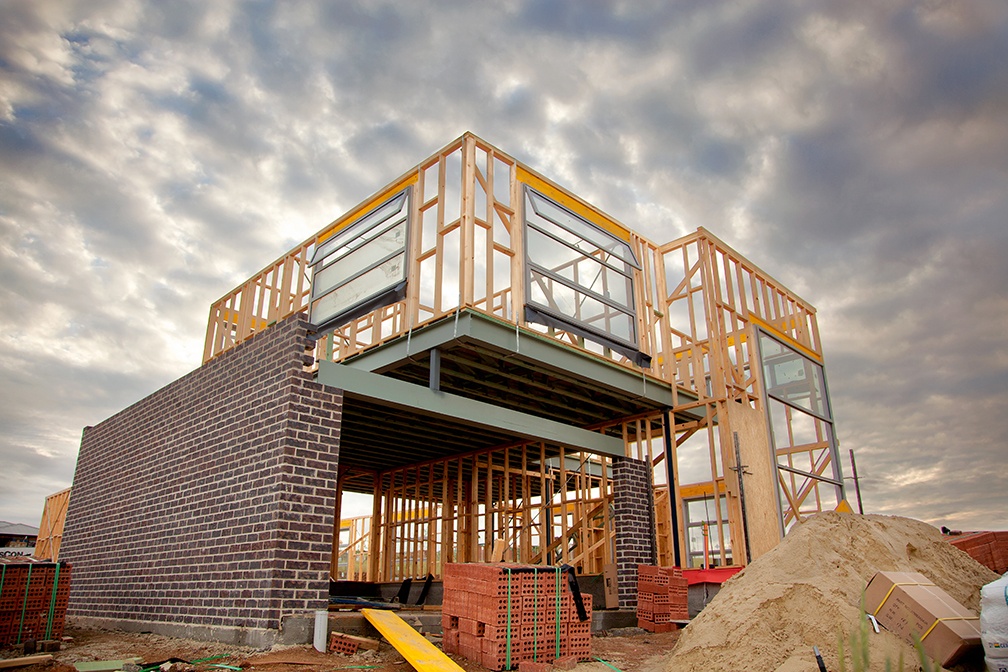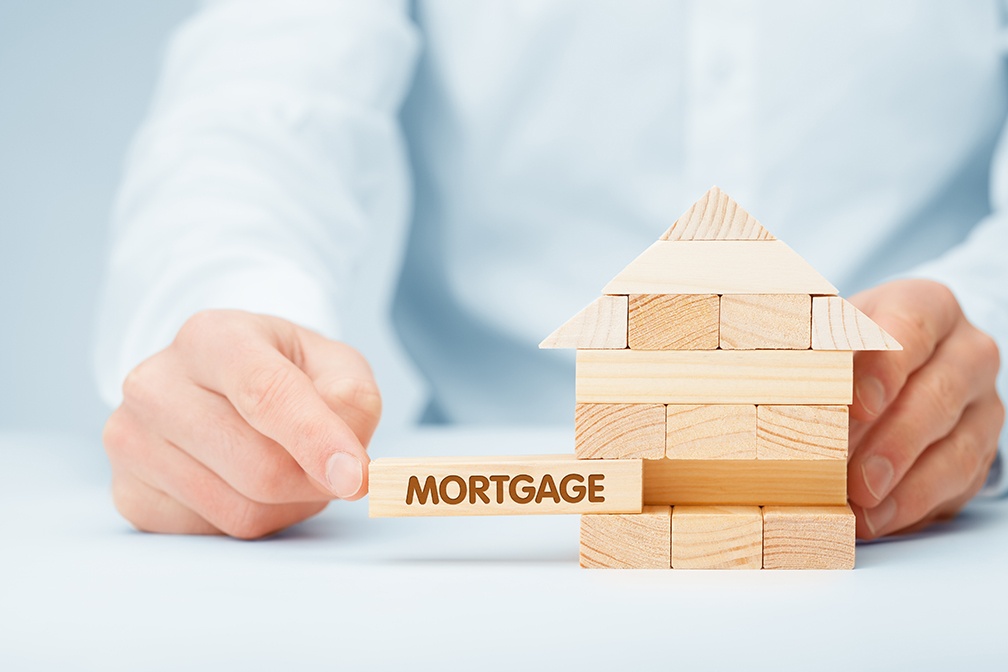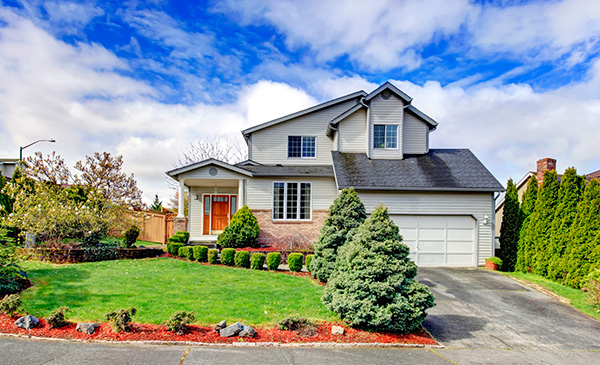You Ask, We Answer: Should I Build a New Custom Home or Buy an Existing One?
 Are you looking to buy a new house in the near future? If so, one of the choices you will face is constructing your own brand-new home or buying an existing home. The idea of building a new house on the right piece of land might sound enticing, but what if you could have a larger, more luxurious existing home in the same neighborhood for a much lower cost?
Are you looking to buy a new house in the near future? If so, one of the choices you will face is constructing your own brand-new home or buying an existing home. The idea of building a new house on the right piece of land might sound enticing, but what if you could have a larger, more luxurious existing home in the same neighborhood for a much lower cost?
As you might imagine, there are pros and cons to each kind of home. In today’s blog post we will explore whether you should build a new home or buy an existing one.
Building Your Ultimate Dream Home
Let’s get the obvious out of the way first. If you can afford the combined cost of the land, the house and all of the furnishings, then building a new home is an amazing experience. It is the chance to completely customize everything about your home, right down to having your family put their handprints in the foundation. You will be able to design the garage, media room, bedrooms, bathrooms, kitchen and everything else exactly the way you want it. The house will truly feel “yours,” as it’s built in your vision.
Aside from the higher cost, there are other potential downsides to building a new home. Between permits, booking contractors, wrapping up all of the necessary paperwork and construction time, building a new home can be stressful. It can also take much longer than buying an existing home outright.
Well-Kept Existing Homes Have Lots Of Upside
Buying an existing home has its upsides as well. It’s almost certainly going to be a much faster process than trying to build your own home from scratch. As long as you can find suitable listings, you can typically purchase and move into an existing home within a few weeks. You can also customize it to your liking, although not to the extent that you would with brand-new construction. It’s also likely to be less expensive, although that depends on a variety of factors including the city you’re buying in, the real estate market, the size of the home and more.
In the end, the choice comes down to budget, timing and personal preference. However, whether you decide to build new or you are okay with a lovely home that already exists, our professional mortgage team is here to help.

 Whether you’re a first-time homebuyer or an experienced real estate investor, if you are planning to borrow funds to buy a home you will want to choose the right mortgage product. In today’s blog post we’ll explore how interest-only mortgages work and why they’re the perfect choice for some homebuyers.
Whether you’re a first-time homebuyer or an experienced real estate investor, if you are planning to borrow funds to buy a home you will want to choose the right mortgage product. In today’s blog post we’ll explore how interest-only mortgages work and why they’re the perfect choice for some homebuyers.